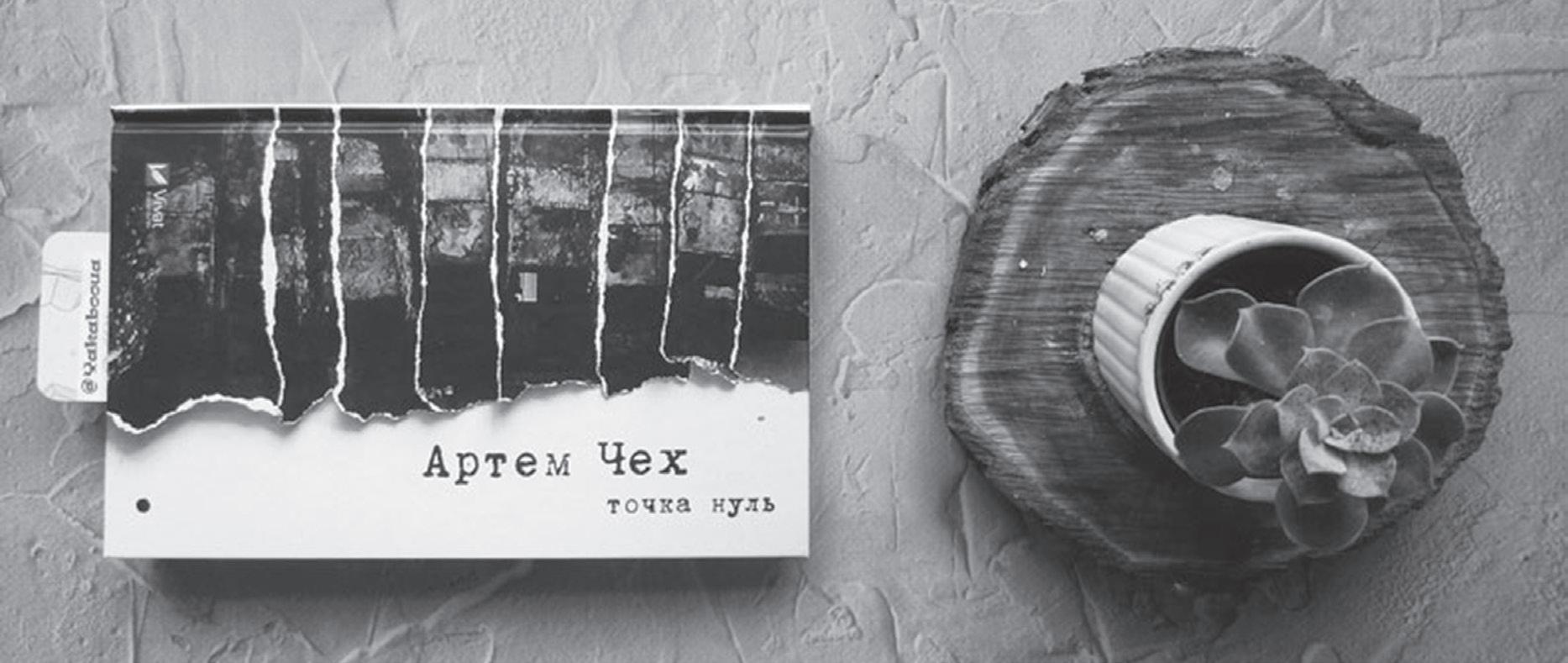
4 minute read
Life 2.0. War and Peace
— katya potapenko
Understanding, communication, comfort, relationships, social connections – ofen we take it all for granted. But not everyone can witness the presence of these aspects in their life. In recent years, to be accepted in society or not to be rejected even by one’s own family became a real batle for thousands of war veterans in Ukraine. At least half of them, afer returning from the Donbass batlefield (Eastern Ukraine), found themselves facing a new challenge – living in peace.
Advertisement
The number of retired combatants is astonishing. At the beginning of 2019 the ofcial number of registered veterans of current military actions in Eastern Ukraine was around 360,000. The Ukrainian government even established a special Ministry for Veterans Afairs in 2018 to ensure the formation and implementation of state policies in the field of social protection of war veterans (including not only current participants in anti-terrorist operations, but also veterans from World War ii, Afghanistan and other conflicts).
But the main reason for creating this Ministry as well as the emergence of some human rights organizations in Ukraine is not found in these numbers alone.
While dealing with the inability of Ukrainian cities to provide a decent human life for people with disabilities, veterans are also forced to deal with the biased atitude of society, whose aim originally was to help them to adapt to the new life.
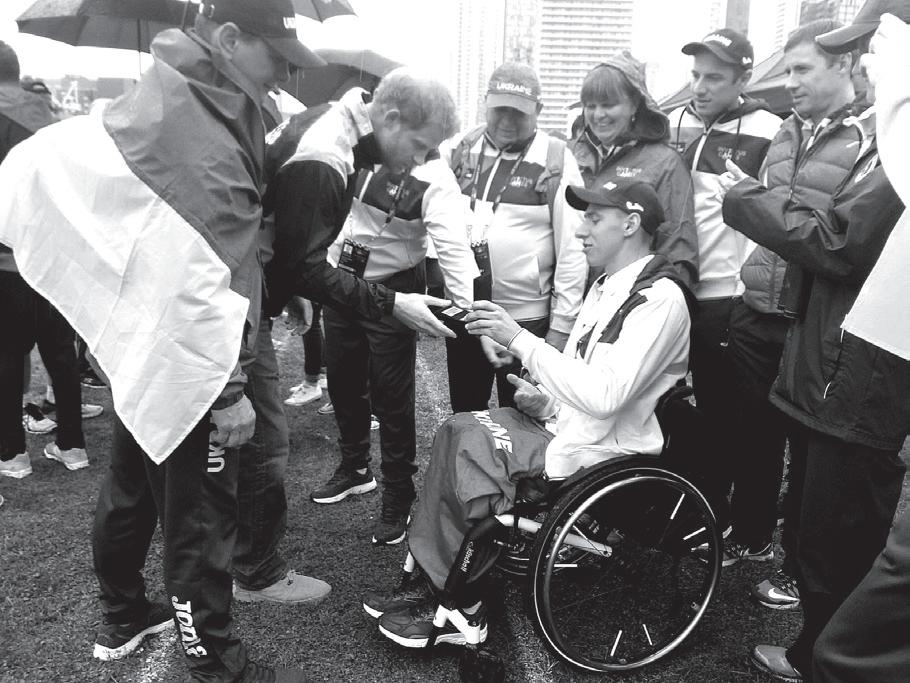
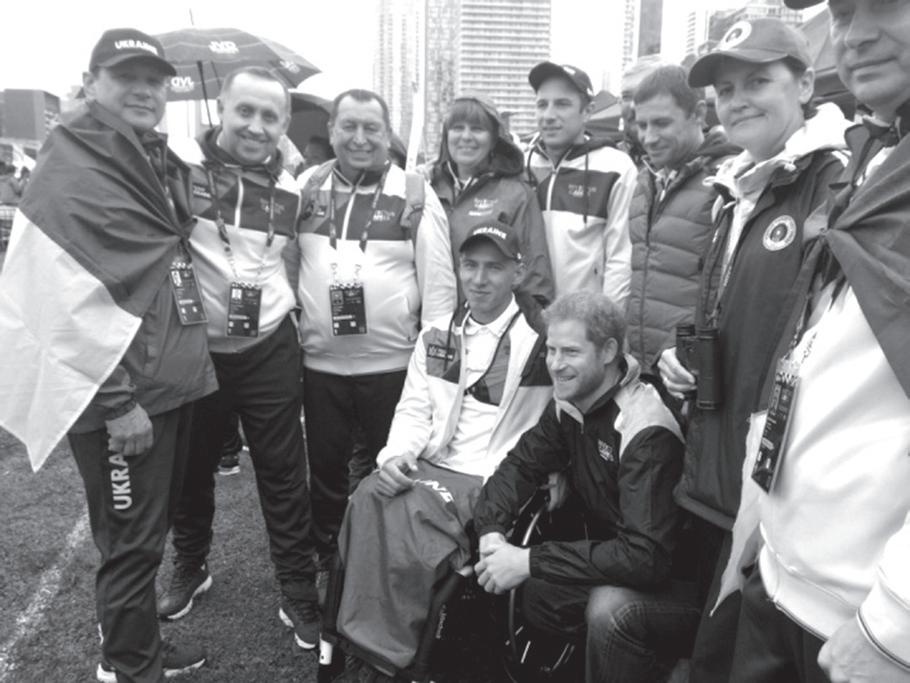
One of the biggest problems, which Ukrainian society tends to conceal, is employment for today’s veterans. There are many cases in which employers refuse to hire people only because of the fact that they received the status of participants in combat actions, stating that “this is a corporate policy”, which forces veterans to hide their status, to be ashamed of themselves.
Despite the active social advertising about the acceptance of veterans, quite a large part of society is afraid and does not accept them, because it does not know what to do with them, and most importantly, how to treat them. Knowing that, veterans themselves are not ready to initiate communication because of the fear of being rejected. Cases of fake veteran id’s, suicides, alcoholism, and aggressive behavior are also not helping smooth things over.
According to psychologists, at least 50% of participants in military actions need professional help, a kind of rehabilitation. But the reality is that most of the veterans are ashamed to admit that they need help, presuming their call for help is a weakness.
During the first steps in peaceful life veterans are facing the constant feeling of guilt of the survivor, grief, continual pressure, change of values, lack of hope for the future, loss of emotions, even loss of faith. Sometimes it is not obvious and do not appear immediately, but afer two or three months and later triggered by even the smallest details like a sudden scream or slamming the door. A lot of veterans say that they do not actually feel that they came back, that in some sense, psychologically, they are still gone for quite a time.
But for some of them the feeling of mortal danger became an impulse to start over, to fulfill the dream that was postponed “to beter times”. Ukrainian church chaplains, who were and are now one of a greatest support for the veterans, say that men ofen come to the understanding that the best time for these dreams is now, especially afer the loss of comrades. They are trying to perceive emerging difculties as opportunities for personal development.
There are definitely encouraging and optimistic examples. For Roman Panchenko, a veteran of the 25th Airborne Forces Brigade, the clue to the real “coming back to life” unexpectedly became sports. He was severely injured in the batle under the Krasnyy Lyman: his liver, spleen, and spine were damaged. He survived a number of complex operations, and now he is in a wheelchair. During rehab he tried archery and afer six months of training he won a gold medal at the Toronto Invictus Games (the equivalent of the Olympic Games for veterans). In addition to his new perspective on life, he found real friends on his team and coaches and now he has started on a new path – entering university.
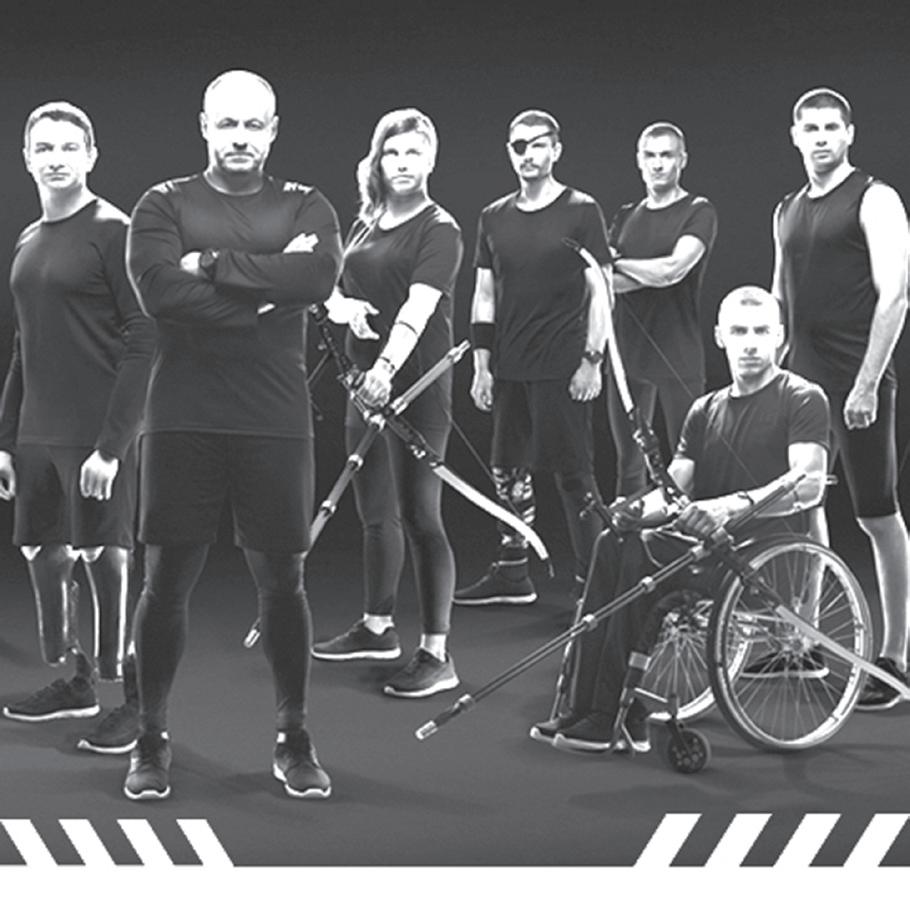
There are other notable examples, like Maxim Myzuka, who is now counselor of the mayor of Dnipro-city, and is responsible for adapting the infrastructure of the city for the benefit of people with disabilities. Or Leonid Ostaltsev, the owner of a popular network of catering establishments, who provides veterans with places for work around the country. Or Artem Chekh, whose book “Point Zero” became a national best-seller and a real revelation for those ignorant of the current situation in Ukraine
Deputies and politicians from time to time suddenly remember veterans, usually before elections. Volunteers and ngos are trying to help veterans and their families to deal with health problems. By their side, churches and psychologists help to overcome their moral pain. There is still a long way to transit but its path is becoming a litle bit more clear: accepting not a hero, but a person, pointing not to the barriers and problems, but to the opportunities and the ways of cooperation.
The good examples are inspiring but they are not enough for establishing a general atmosphere of understanding and acceptance. Each country that faces military action sooner or later finds itself at the point where it needs to pay special atention to these who have now become one more vulnerable social group, people who were involved in an armed conflict.
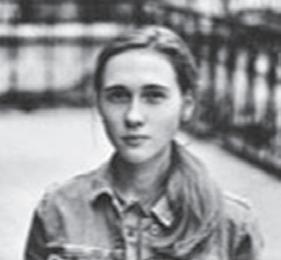
— katya potapenko
Katya is a Ukrainian journalist and radio-host, founder of the on- line magazine Cedra. She participates in wscf-e events and has an indestructible faith that together people have power to make life free and beautiful.
42






